What should be discussed at the international Rohingya conference
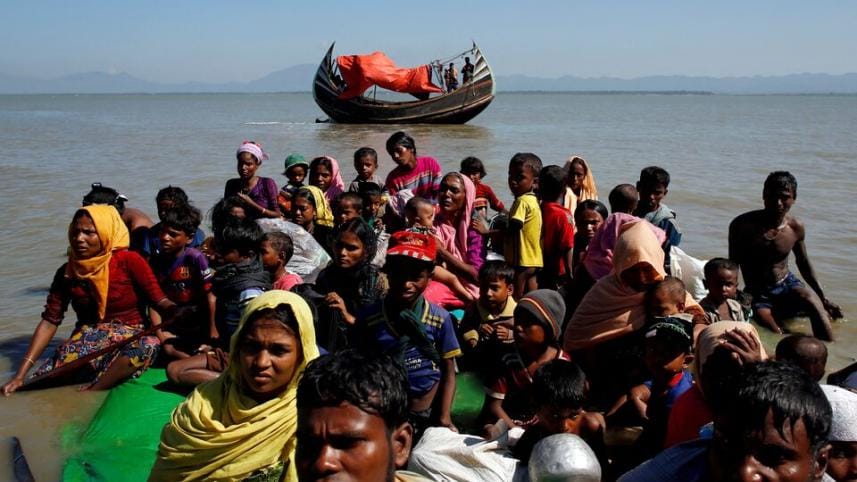
Since taking office in August 2024, Bangladesh's interim government has sought to mobilise international support for a solution to the Rohingya crisis. In November 2024, the interim government's determined lobbying resulted in a UN General Assembly resolution calling for a "high-level conference" in the second half of 2025 which would contribute to "a comprehensive, innovative, concrete and time-bound plan for the sustainable resolution of the crisis, including the voluntary, safe and dignified return of Rohingya Muslims to Myanmar." The UN conference is an opportunity to draw attention to the wider issues that should be tackled, including the underlying causes of the Rohingya crisis.
A recent report titled "Behind the Wire" from Doctors Without Borders estimates there are 2.8 million Rohingya around the world, of whom just 23 percent remain in Myanmar—a vivid reminder of the brutal effectiveness of decades of oppression and discrimination. Only one percent of Rohingya managed to obtain a passport, citizenship, or resettlement in a country where they have no fear of arrest, extortion, or abuse for identifying as Rohingya.
Aside from Myanmar, the countries with the largest Rohingya populations are Bangladesh with 1.1 million, Pakistan with 400,000, Saudi Arabia with 340,000 and Malaysia with 210,000. The situation of the Rohingya differs between these countries.
In Saudi Arabia and Pakistan, for example, most Rohingya arrived decades ago, and their children have never seen their homeland. According to the UN Refugee Agency UNHCR, of the Rohingya living abroad 76 percent of those who fled within the past five years want to return to Myanmar but only 28 percent of those who left more than 20 years ago want to do the same. This suggests that solutions should be tailor-made and guided by the objectives of the 2018 Global Compact on Refugees, including easing pressure on host countries, enhancing refugee self-reliance, expanding access to third-country solutions, and supporting conditions in Myanmar for voluntary return in safety and dignity.
Given the number of Rohingya in Bangladesh, it makes sense for Dhaka to make repatriation to Rakhine one of the conference's major issues. However, experience has shown that pressure to move fast risks continuing the "revolving door" phenomenon seen since the 1970s, in which flight from Myanmar has been followed by return from Bangladesh, before the cycle begins again. If the underlying causes of the Rohingya crisis are not addressed, much-needed progress and stability will remain out of reach, with growing impacts for the entire region.
Many Rohingya continue to flee from Bangladesh and Myanmar. In the current dry season, several thousand have fled by land and by sea, arriving in Malaysia, Indonesia and Sri Lanka. According to UNHCR, the increase in numbers is driven by continued instability in Myanmar; lack of progress in addressing the root causes of Rohingya displacement; growing insecurity and declining humanitarian assistance in the camps in Bangladesh; more active smuggling networks and a decrease in the cost of sea journeys. Tragically, over 1,000 Rohingya travelling by boat perished or went missing at sea in 2022 and 2023 (UNHCR report, May 2024). At the same time, tolerance in host countries appears to be slipping.
These issues belong on the international conference agenda. Countries in the region should be encouraged to consider how the living conditions of refugees might be improved. In the case of Bangladesh, this could include accepting the use of sturdier building materials in camps, wider access to education for all children and young people as well permitting paid employment of refugees.
Bangladesh should also address the growing insecurity in the refugee camps. Armed Rohingya militias have been operating openly. They have been instrumental in the recruitment of young men for their own forces and for Myanmar's military. In November 2024, Reuters reported that between 3,000 and 5,000 Rohingya had been taken across the border into northern Rakhine state, many against their will. It is hard to imagine that the departure of such large numbers escaped the attention of Bangladesh's authorities.
Moreover, the arrival of large numbers of new recruits in Rakhine state further destabilised the border areas which, in turn, led to the flight of some 80,000 Rohingya from Myanmar to Bangladesh over the past few months. The insecurity has also eroded the already fragile trust between the Rakhine and Rohingya communities. Therefore, the conference's key issues should address the urgency of restoring stability along the borders as well as security in the refugee camps.
While more must be done, resources are finite. The unexpected halting of USAID support as well as major budget decreases by other government donors make it difficult to address even the basic needs of refugees. If well prepared, the international conference could also serve as a major fundraising effort.
Engaging the Arakan Army (AA)
Rebuilding Rakhine state from the ravages of war will be a major challenge. While it has long been one of Myanmar's poorest states, much of its economic and social infrastructure has been destroyed, including roads, bridges, health facilities, schools, markets and prayer houses.
The UN resolution on the conference reflects a traditional state-centric approach. It assumes that Myanmar's central government can shape political life in all its component parts. Multiple references to "Myanmar" appear to refer exclusively to the military regime that has lost control of much of the country. In Rakhine, it barely retains a toehold: following recent heavy losses, its authority is limited to the state capital Sittwe, the island of Manaung, and small sections of Kyaukpyu.
Even before the AA's emergence as a major power, this state-centric approach had already failed. Since 2017, China made several attempts to mediate the start of Rohingya repatriation between Bangladesh and Myanmar's central government. The attempts failed, in large part because both the Rakhine and the Rohingya, the state's two largest communities, were excluded from the deliberations. Efforts to resume repatriation after the 2021 military coup were even less successful.
If the de facto territorial control of the AA is not acknowledged, progress on repatriation and other urgent issues related to Rakhine will remain illusory. More pragmatic approaches are needed. For the Rohingya conference organisers, this means contacting the AA and finding ways to include it in the conference. However, Bangladesh seems to still have some hesitancy about engaging a non-state actor, even when it clearly has de facto authority.
While full recognition of the AA may be some way off, it is in the interest of both sides to cooperate on areas of mutual interest. These could include establishing a humanitarian corridor into Rakhine to deliver assistance to all communities in need; resuming bilateral trade; and countering cross-border crime. In this, Dhaka could draw lessons from how Myanmar's other neighbours, particularly China and Thailand, interact with non-state groups along their borders with Myanmar. Emphasising win-win opportunities rather than potential difficulties should be the way forward.
For now, it is unclear what kind of state will emerge in Rakhine to replace the former regime. The AA rejects the recent political past with its centralisation of power in Myanmar's capital Nay Pyi Taw, and has occasionally suggested a confederate structure, but it has not excluded other options. Over the past few years, the United League of Arakan, the AA's civilian wing, has expanded administrative and judicial services in parts of Rakhine, and started training more civilian personnel. This, however, is only the starting point for building greater autonomy.
Conditions in Rakhine have worsened since late 2018, when violent conflict between the military and the AA intensified. A recent UN report speaks of two million people at risk of starvation due to conflict, trade blockades, cratering incomes and indiscriminate air strikes by Myanmar's military. It will take years to rebuild Rakhine state. A comprehensive long-term recovery plan and roadmap are needed to capture the monumental task ahead. The voluntary, secure and dignified return of Rohingya refugees should be part of such a plan.
One of the most complex and pressing questions will be strengthening the cohesion of the state's diverse ethnic and religious communities, particularly the Rakhine and the Rohingya. Both sides continue to harbour deep fears of each other. Some Rakhine saw their fears corroborated when they witnessed the recent fighting by many Rohingya on the side of the military forces of Myanmar's regime and against the AA.
The past few years were characterised by a fog of war that shrouded much of northern Rakhine state and the Rohingya camps near Cox's Bazar. The fighting in northern Rakhine, the lack of free access by independent observers and the State Administration Council's blocking of regular communications made it difficult to verify reports about what was happening in Maungdaw district. As rumours and disinformation abound, it has been difficult to separate truth from falsehoods. The same applies to the situation in the camps in Bangladesh where news about growing insecurity and the growing role of armed Rohingya militias has alerted many but full information remains elusive.
To make progress, along with reconciliation, independent assessments are needed to guide preparations for the conference. It will also be important to recognise what the different ethnic communities in Rakhine state have been going through. Over the past five years, the Myanmar military intensified its abuses against all communities in Rakhine state, not just the Rohingya. They tortured, killed and maimed people, destroyed livelihoods, burned down homes, hospitals, schools, markets and prayer houses, blocked the transport of basic goods and cut essential services. All the people of Rakhine are victims now.
If the conference wants to make a meaningful contribution to the resolution of the crisis, it must not only deal with the plight of the Rohingya but help all people in Rakhine rebuild their state together. This approach should be at the heart of a transitional justice programme with an emphasis on institutional reforms, truth, justice, reparations and memorialisation.
Laetitia van den Assum is a former diplomat, a member of the Advisory Commission on Rakhine state, and a fellow with the Centre for Peace and Justice at BRAC University.
Views expressed in this article are the author's own.
Follow The Daily Star Opinion on Facebook for the latest opinions, commentaries and analyses by experts and professionals. To contribute your article or letter to The Daily Star Opinion, see our guidelines for submission.



 For all latest news, follow The Daily Star's Google News channel.
For all latest news, follow The Daily Star's Google News channel. 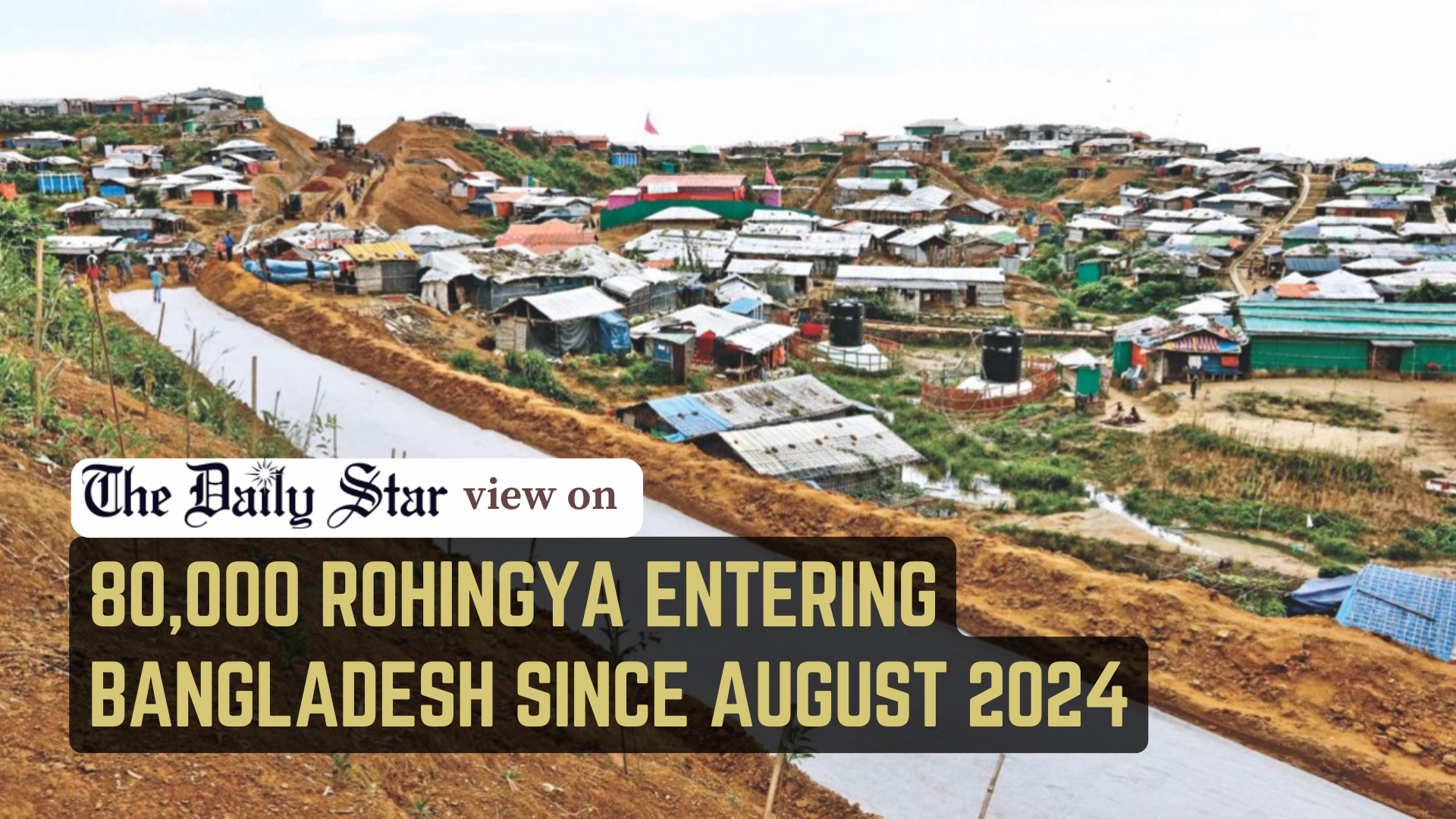
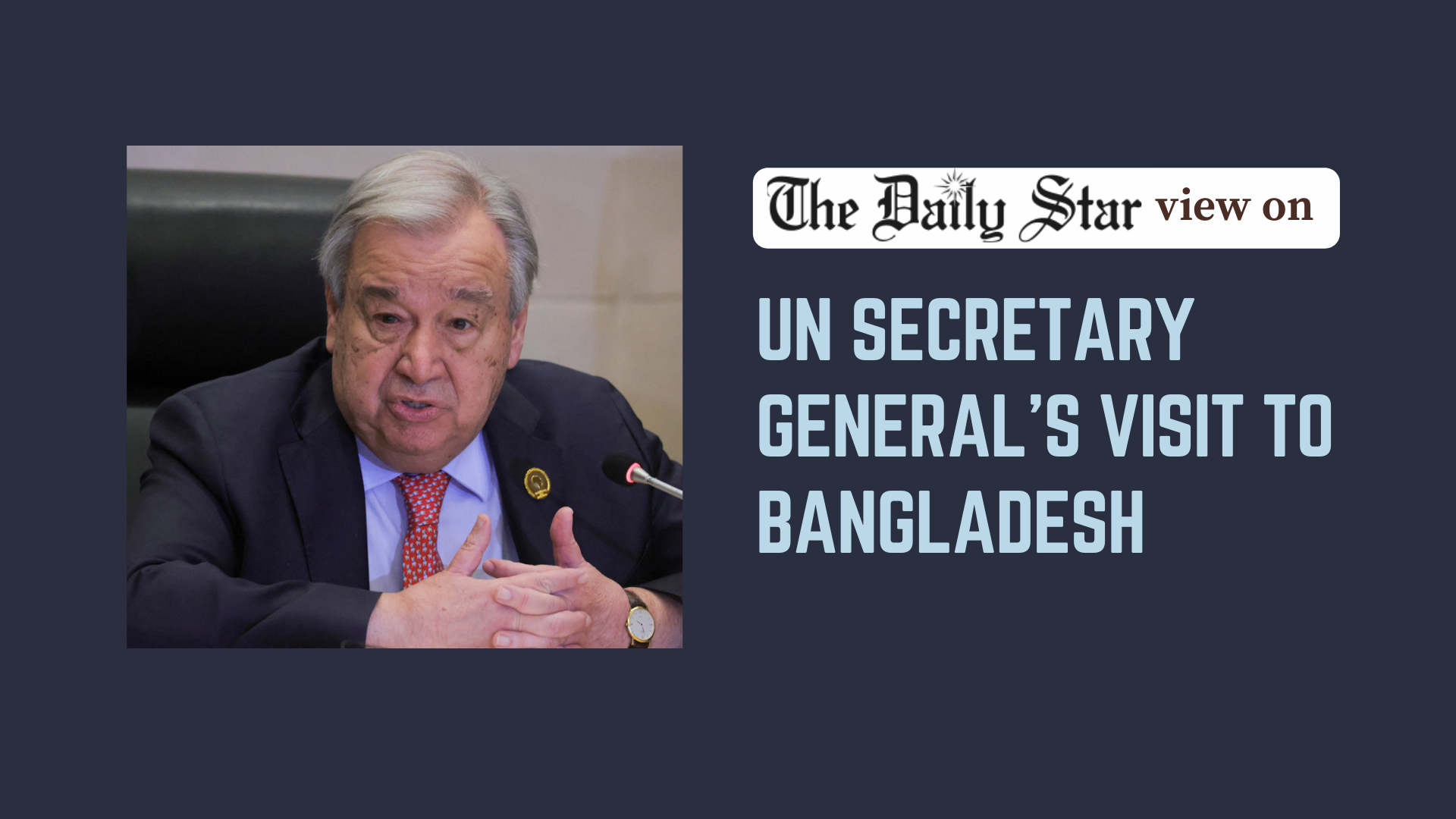
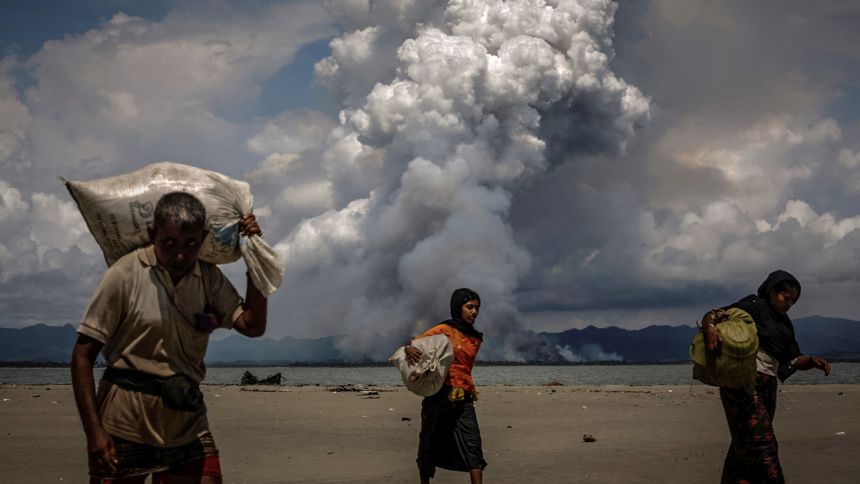
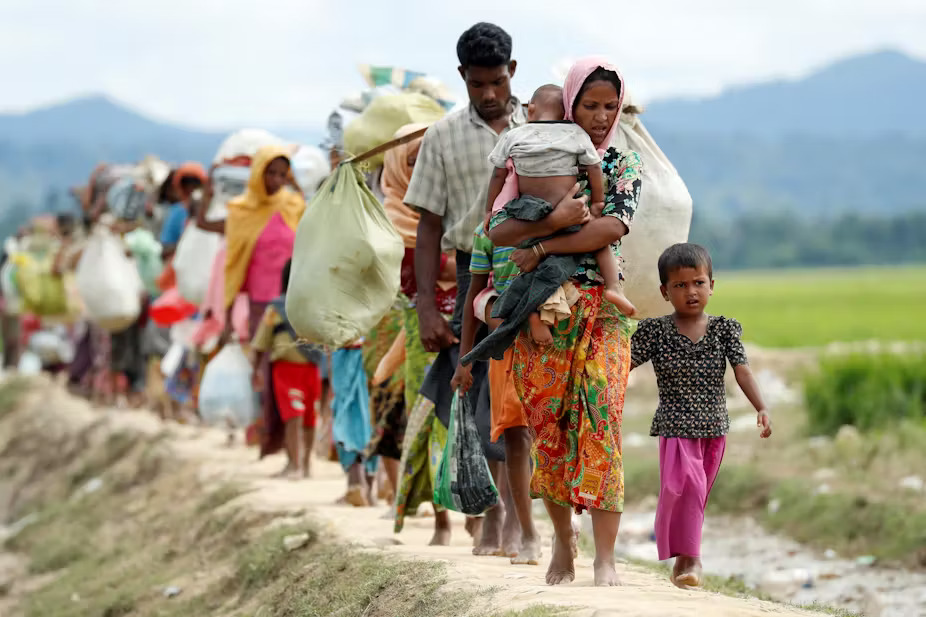
Comments